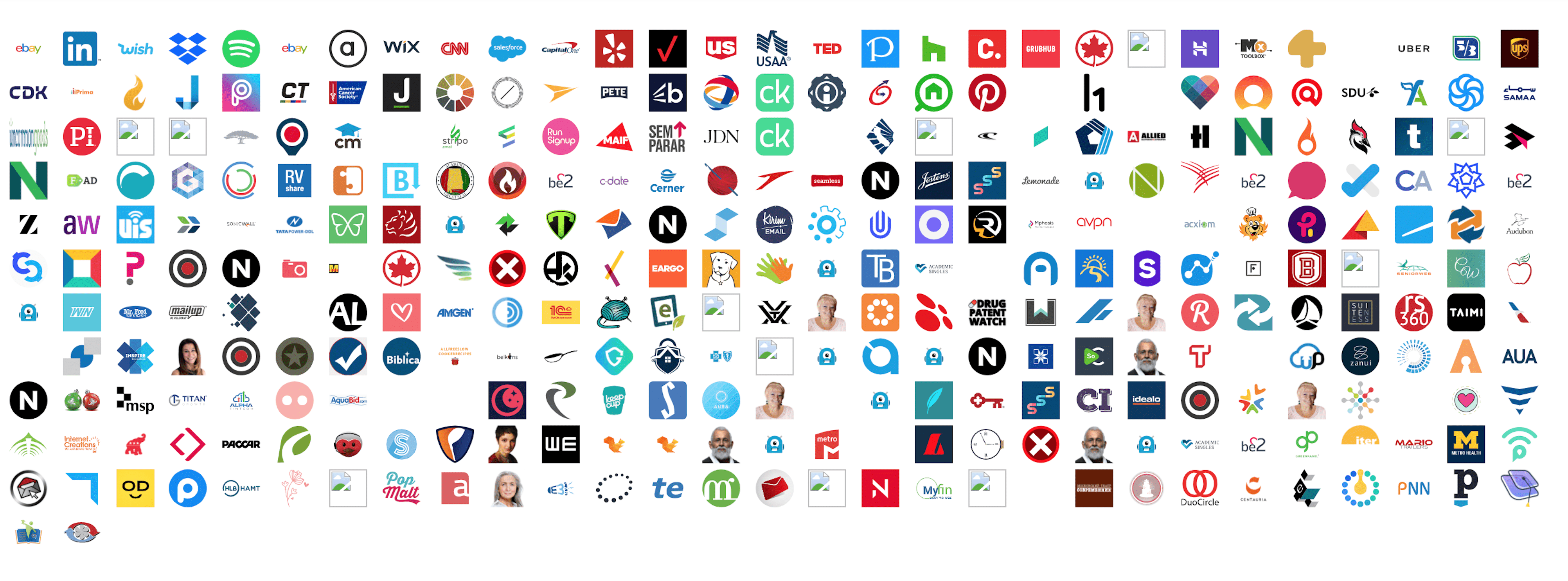The law of attraction is a philosophy suggesting that positive thoughts bring positive results into a person’s life, while negative thoughts bring negative outcomes. It is based on the belief that thoughts are a form of energy and that positive energy attracts success in all areas of life, including health, finances, and relationships. It’s not, as some might believe anything to do with dating sites or the ability to pull.
So how does this impact ecommerce? As a retailer you might perceive this as “So what do I need to do?”, but it’s essential that you turn that on its head and instead consider the same proposition from your customer’s perspective, and them saying to you “What does my retailer need to do for me?”. So let’s delve deeper into it.
The central universal principles of the laws of attraction
- Like attracts like This law suggests that similar things are attracted to one another. It means that people tend to attract people who are similar to them—but it also suggests that people’s thoughts tend to attract similar results. Negative thinking is believed to attract negative experiences, while positive thinking is believed to produce desirable experiences.
In ecommerce, this principle might be considered to cover genres of people buying the same thing i.e. segmenting but dig a little deeper and that’s a truly huge marketing faux pas – a hole waiting to swallow you up. What they are referring to, is merely the subject title for ease of reference. As an example it would be like considering a teenager, she needs to “buy some jeans”.
The blank look you would receive to say this to her would reflect what you should have said to be more accurate! Better would have been Kiton, Dior and Peter Doig slim fit, Gucci Stonewashed or Balmain slim-cut ripped etc. The distinction is personal to the individual consumer, and the sooner the distinction is appreciated the greater the effect in sales volume, reduced marketing costs, fall in returns, and greater basket value, the list is almost endless. - Nature abhors a vacuum: This law of attraction suggests that removing negative things from your life can make space for more positive things to take their place. It is based on the notion that it is impossible to have a space in your mind and your life.
Since something will always fill this space, it is important to fill that space with positivity, say proponents of this philosophy. The retailer appreciates immediately, an opportunity for your competitor to wade in with a barrage of offers and incentives, inducements and promotions to attract away your consumers to pastures new, while you sit and postulate, and do nothing. This is all well and good if you are a larger company that can afford hundreds of people sitting in an office preparing detailed marketing strategies and campaigns.
But sadly, all too often, the convenience of targeting these segments instils laziness of the fact that personalisation and individuality are perceived as just ever smaller segments down to unviable levels of targeting. Crazy, when you consider there are far better means to achieve this objective than ever before. - The present is always perfect: This law focuses on the idea that there are always things you can do to improve the present moment. While it might always seem like the present is somehow flawed, this law proposes that rather than feeling dread or unhappiness, you should focus your energy on finding ways to make the present moment the best that it can be.
Significantly this is the one most overlooked in ecommerce, and while the action is perpetual – for the astute retailer, it is the appreciation of this continuous rapport with your customer that has both a lasting and hugely profitable effect. Not only do they perpetuate their shopping cycle with you – the modern equivalent of footfall, as muscle memory types your URL, as opposed to someone else’s.
The solution to this effort is personalisation, especially for smaller SMEs struggling with the day-to-day tasks of growing their business. Stages of size equate to ever more secure business models, and security of volume to justify expenditure, to justify not only further product purchases but on marketing too. If you are perpetually ‘on the money” with your selection of products for each consumer, according to the laws of attraction, it is impossible to fail. Predictive personalisation software is now readily available, where the ecommerce retailer doesn’t even have to be involved with the day-to-day activity it performs.
Hyper-personalisation software is just such an example. Once installed, the retailer has absolutely zero need for any manpower to run it. It operates wholly autonomously, for every individual consumer, permanently. Of course stats and data can be reviewed once logged in at any time, to verify the effect, but the actual selection of products to offer each consumer, together with the creation of communication and sending is automatic, as the software selects items with the highest buying propensity for each individual. Averaging an ROI of 1500% necessitates investigating for the astute.





